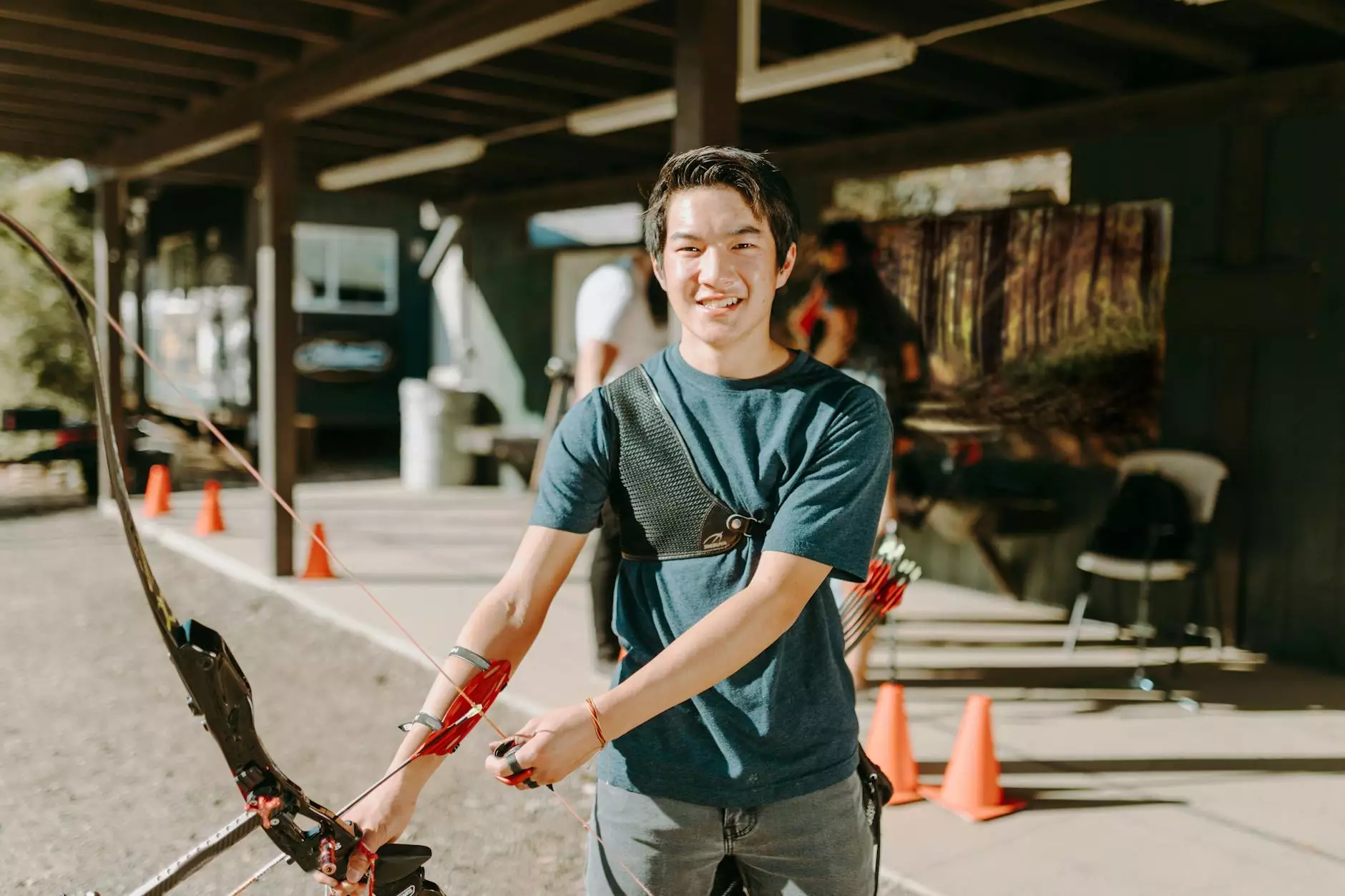Everything You Need to Know to Get a Hunting License

Hunting is not just a sport; it's a cherished tradition for many. From spending quality time with family to connecting with nature, hunting offers unique experiences that cannot be replicated. However, before you grab your gear and head into the woods, it’s essential to understand the necessary steps to get a hunting license. This article will guide you through the process, ensuring you’re well-prepared to embark on your hunting adventure legally and responsibly.
What is a Hunting License?
A hunting license is a government-issued document that grants individuals the right to hunt specific game animals within designated seasons and areas. Obtaining this license is crucial not only for legality but also for promoting safe and sustainable hunting practices.
Benefits of Having a Hunting License
- Legal Protection: A valid license protects you from fines and penalties.
- Conservation: Fees from licenses often contribute to wildlife conservation efforts.
- Education: Many states require safety courses that educate hunters about best practices.
- Community Access: Licensed hunters often gain access to private hunting lands and state-managed resources.
- Confidence: Knowing the laws improves your confidence and safety practices in the field.
Steps to Get a Hunting License
While the steps may vary by state, the general process to get a hunting license involves several key stages:
1. Research Your State’s Regulations
The first step is to familiarize yourself with the specific hunting laws and regulations in your state. Each state has its own wildlife agency that outlines the hunting seasons, types of game, and license requirements. Understanding these regulations is critical to ensure compliance and safety while hunting.
2. Complete a Hunter Safety Course
Many states require hunters, especially first-time hunters, to complete a hunter safety course. These courses cover essential topics such as:
- Firearm safety
- How to identify different species
- Understanding hunting ethics
- Wildlife conservation
Upon completion, you will receive a certificate that must be submitted with your license application.
3. Gather Required Documentation
When you’re ready to apply for your hunting license, you will need to collect several documents, which may include:
- Your hunter safety course certificate
- Proof of residency (if applying for a resident license)
- Identification (e.g., driver’s license)
- Payment for the license fee
4. Apply for the License
You can usually apply for a hunting license in various ways:
- Online: Many states offer online applications through their wildlife agency websites.
- In-person: You may also visit designated locations such as sporting goods stores or local wildlife offices.
- By mail: Some states allow you to mail in your application.
5. Pay the Fees
The cost of a hunting license varies by state and is often influenced by factors such as:
- Type of game hunted
- Resident vs. non-resident status
- Age of the applicant
Ensure you’re aware of all the fees to avoid surprises when applying.
Types of Hunting Licenses
Once you’ve decided to get a hunting license, you should be aware of the different types available. These may include:
- Resident License: For individuals who reside in the state where they're hunting.
- Non-Resident License: For individuals from outside the state.
- Special Permits: Some game requires additional tags or permits, such as for deer or turkey hunting.
- Youth License: Reduced-fee licenses available for hunters under a certain age.
Important Tips for New Hunters
As a new hunter, it’s vital to prepare effectively. Here are some tips to consider:
Educate Yourself
Continue your education beyond the hunter safety course. Read books, follow tutorials, and even reach out to experienced hunters for insights and tips.
Connect with Local Hunting Groups
Many areas have hunting clubs or organizations. Joining a local group can provide valuable networking opportunities and resources.
Practice Environmental Stewardship
Always respect the land and wildlife. Follow the Leave No Trace principles to ensure that the natural environment remains preserved for future hunters.
Check Gear and Equipment
Ensure that your gear is suitable for the type of hunting you plan to undertake. Consider state regulations regarding firearm types and hunting equipment.
Frequently Asked Questions (FAQs)
Can I get a hunting license if I'm under 18 years old?
Yes, many states offer youth licenses, but parental consent may be required. Check your state’s regulations for age restrictions and requirements.
What if I lost my hunting license?
If you lose your license, you can often request a replacement through your state wildlife agency, sometimes for a small fee.
Are there special regulations for hunting on private land?
Yes, hunting on private land usually requires permission from the landowner. Make sure to communicate clearly with landowners and understand their rules regarding hunting on their property.
Conclusion
Getting a hunting license is a straightforward process that opens the door to an exciting world filled with adventure, skill, and connection to nature. By following the steps outlined above and ensuring that you adhere to your state’s regulations, you’ll be set to enjoy a fulfilling hunting experience. Remember: safety, legality, and respect for wildlife are paramount in this beloved outdoor activity. So, gear up, and take your first steps towards obtaining your hunting license today!









